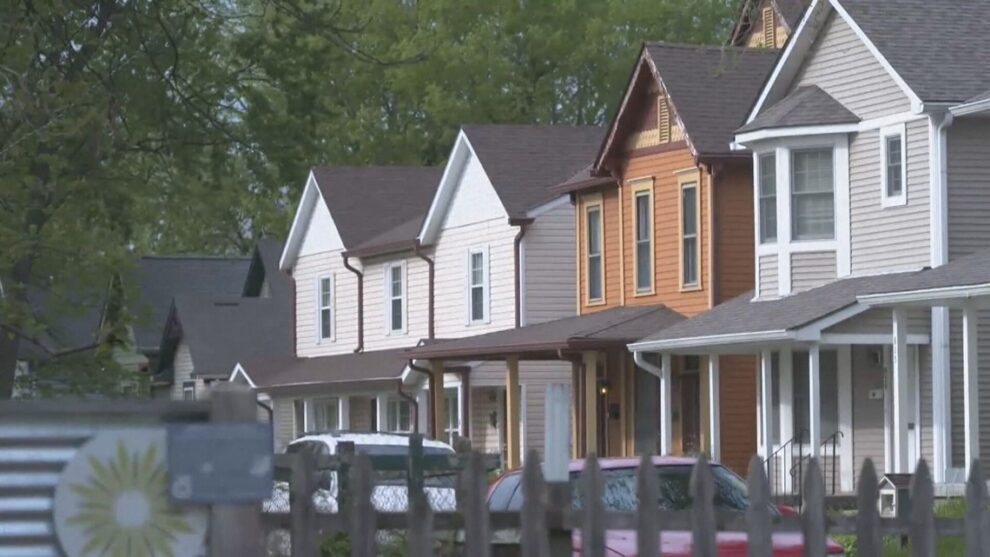Senate lawmakers approved a bill Monday that would create steep penalties for real estate appraisers who undervalue homes because of the owner or buyer’s protected characteristics, with Republican critics saying they worry the bill’s disregard of appraisers’ motives would lead to unintended consequences.
The bill, which cleared the Senate in a narrow 22-11 vote, would fine appraisers who discriminate on the basis of protected characteristics like race, sex, or gender. Bills need 21 yes votes to clear the Senate.
“As recent research has borne out, appraisals are systematically lower for Black and Latino families than for white families across the country,” said Sen. Nellie Pou (D-Passaic). “This law will help us further protect families from this discrimination and also contribute to lowering the racial wealth gap in our state.”
Violators would pay $10,000 on a first offense, $25,000 on a second, and $50,000 on a third.
The bill would also require violators to make restitution equal to the cost of the discriminatory appraisal and attend an anti-bias seminar. Those who violate the bill’s provisions a second time would have their appraisal licenses, certificates, or registrations suspended for 30 days. That penalty rises to full revocation for appraisers who commit a third offense.
Two Republican lawmakers cautioned against the legislation, warning it would push appraisers out of the same neighborhoods the bill seeks to aid.
“A $10,000 fine — I don’t know any appraiser that’s going to take this on, which means that banks are going to have to say, ‘I don’t know what to do,’” said Sen. Bob Singer (R-Ocean). “Though the intent is wonderful, the implementation just doesn’t work.”
Sen. Holly Schepisi (R-Bergen) said she worries the bill would levy steep penalties on well-meaning appraisers who unintentionally or unknowingly issue a discriminatory appraisal. The risk created by that state of uncertainty would keep appraisers out of communities that have historically faced discrimination, she said.
“The cost of doing business and providing appraisals in certain communities is going to be deemed to be impossible without potentially being hit with an unknowing bias,” Schepisi said.
Supporters hailed the bill’s advancement, charging its protections would help historically disadvantaged residents move up through economic ranks in a state with one of the nation’s largest racial wealth gaps.
Black homeowners nationwide have reported they received higher appraisals for their properties when they did not let appraisers know their race.
“Black families in New Jersey should not have to fear that their homes will be appraised at substantially lower values than if a white family stood in for the appraisal,” said Laura Sullivan, director of the Institute for Social Justice’s economic justice program. “This legislation goes a long way in ensuring that the appraisal process is fair by providing necessary tools to tackle discrimination.”
The bill must still advance through the Assembly and will likely need to come before a committee in the lower chamber before reaching a floor vote there. Though the Assembly Regulated Professions Committee approved a version of the bill last October, it has since seen numerous amendments.
Source: New Jersey Monitor












Add Comment